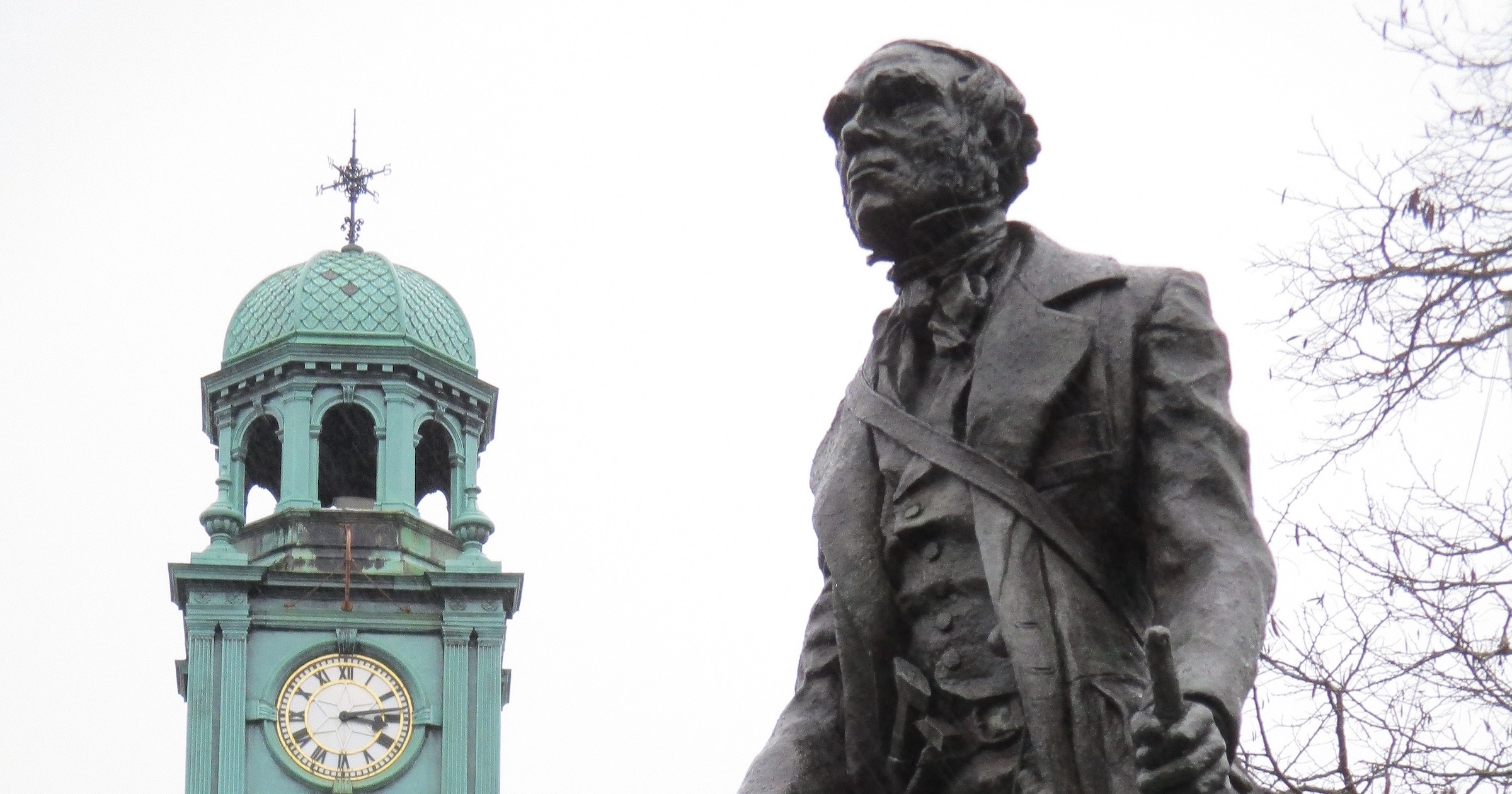 Evolution
Evolution
 Life Sciences
Life Sciences
What Are the Top Scientific Problems with Evolution?

Editor’s note: We are delighted to introduce a new series by biologist Jonathan Wells on the top scientific problems with evolution. This is the first entry in the series, excerpted from the new book The Comprehensive Guide to Science and Faith: Exploring the Ultimate Questions About Life and the Cosmos. Find the full series so far here.
In 1973, biologist Theodosius Dobzhansky wrote that “nothing in biology makes sense except in the light of evolution.”1In 1989, biologist Richard Dawkins wrote, “It is absolutely safe to say that if you meet someone who claims not to believe in evolution, that person is ignorant, stupid, or insane (or wicked, but I’d rather not consider that).”2
But what is evolution?
What Is Evolution?
The word evolution has many meanings. In one sense, it simply means change over time. In another it refers to the history of the cosmos, or the progress of technology, or the development of culture. No sane person believes that nothing changes over time, or that the cosmos, technology, and culture have no history. In these senses, evolution is uncontroversial.
In biology, evolution can refer to the fact that many plants and animals now living are different from those that lived in the past. It can also refer to the fact that minor changes occur within existing species; we see such changes in our own families. But these uncontroversial meanings of biological evolution were not what Dobzhansky and Dawkins had in mind when they used the word. They meant Darwinian evolution.
Charles Darwin called his theory descent with modification, by which he meant that all living things are descended from one or a few common ancestors that lived in the distant past. The ancestors were then modified by unguided processes such as small variations and natural selection (survival of the fittest). Darwin wrote in On the Origin of Species, “I view all beings not as special creations, but as the lineal descendants of some few beings which lived long” ago, and that “Natural Selection has been the main but not exclusive means of modification.”3 He also wrote in his Autobiography, “There seems to be no more design in the variability of organic beings, and in the action of natural selection, than in the course which the wind blows.”4
In the modern version of Darwin’s theory, often called neo-Darwinism, accidental DNA mutations are considered to be the primary source of new variations. I will use evolution to mean neo-Darwinism throughout the rest of this chapter.
What Is Science?
Like evolution, science has several meanings. In this chapter, I will use science to refer to empirical science: the enterprise of searching for the truth by comparing hypotheses with evidence. So the question is: What are the top problems with the evidence for neo-Darwinism?
Following Darwin’s term descent with modification, I will first consider the evidence for descent (the hypothesis that all living organisms are descended from common ancestors). Specifically, I will focus on homology, fossils, and molecular phylogeny. Then I will consider the evidence for modification (the hypothesis that organisms have evolved by strictly unguided natural processes). I will focus on natural selection, mutation, and speciation (the origin of new species).
Tomorrow, the problem of homology.
Notes
- Theodosius Dobzhansky, “Nothing in Biology Makes Sense Except in the Light of Evolution,” The American Biology Teacher 35 (1973), 125-129.
- Richard Dawkins, “Put Your Money on Evolution,” The New York Times (April 9, 1989), section VII, 35, https://www.nytimes.com/1989/04/09/books/in-short-nonfiction.html (accessed August 23, 2020).
- Charles Darwin, On the Origin of Species by Means of Natural Selection, 1st ed. (London, UK: John Murray, 1859), 6, http://darwin-online.org.uk/content/frameset?pageseq=508&itemID=F373&viewtype=side (accessed August 23, 2020).
- Francis Darwin, ed., The Life and Letters of Charles Darwin, Including an Autobiographical Chapter (London, UK: John Murray, 1887), volume I, 309, http://darwin-online.org.uk/content/frameset?pageseq=327&itemID=F1452.1&viewtype=side (accessed August 23, 2020).
